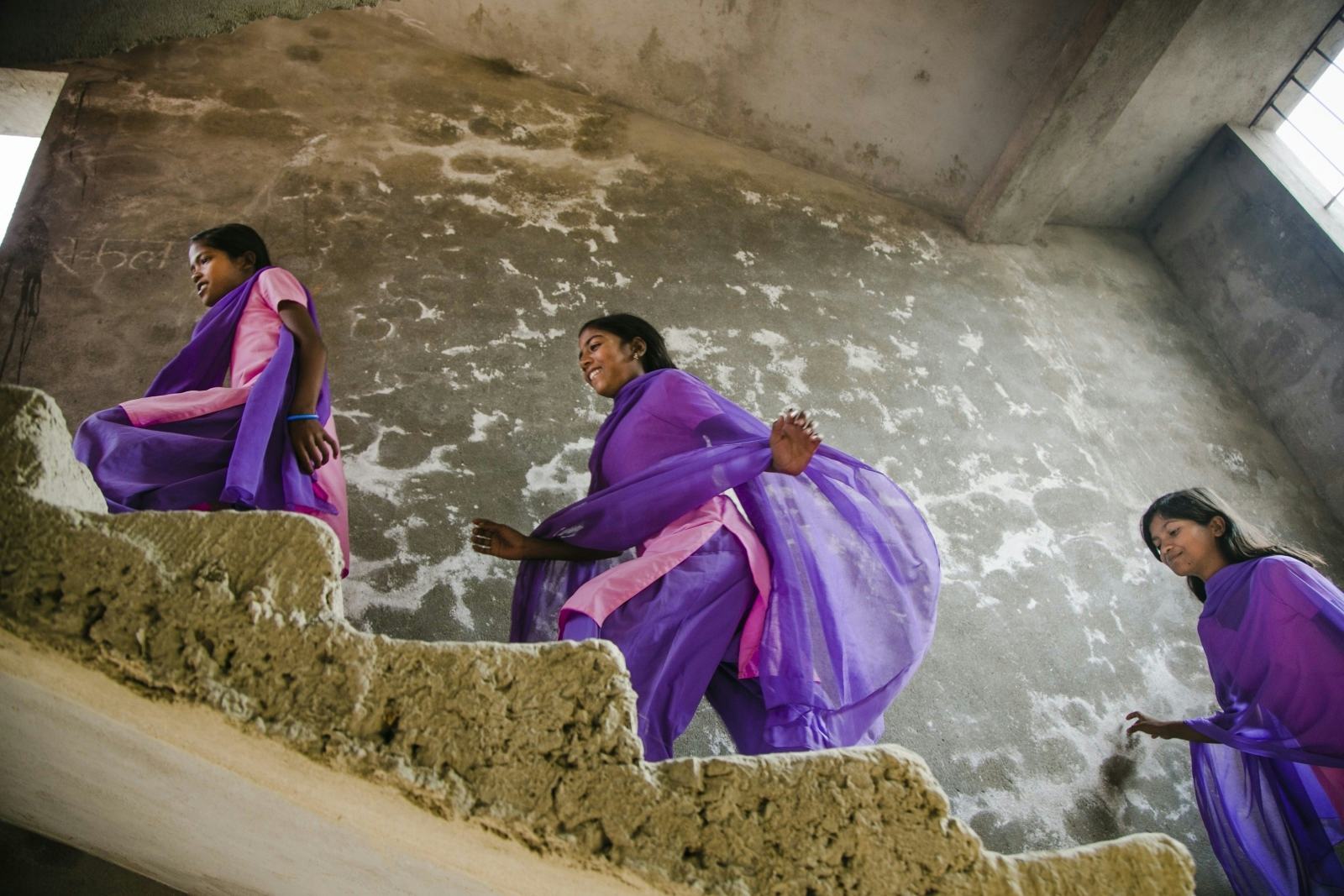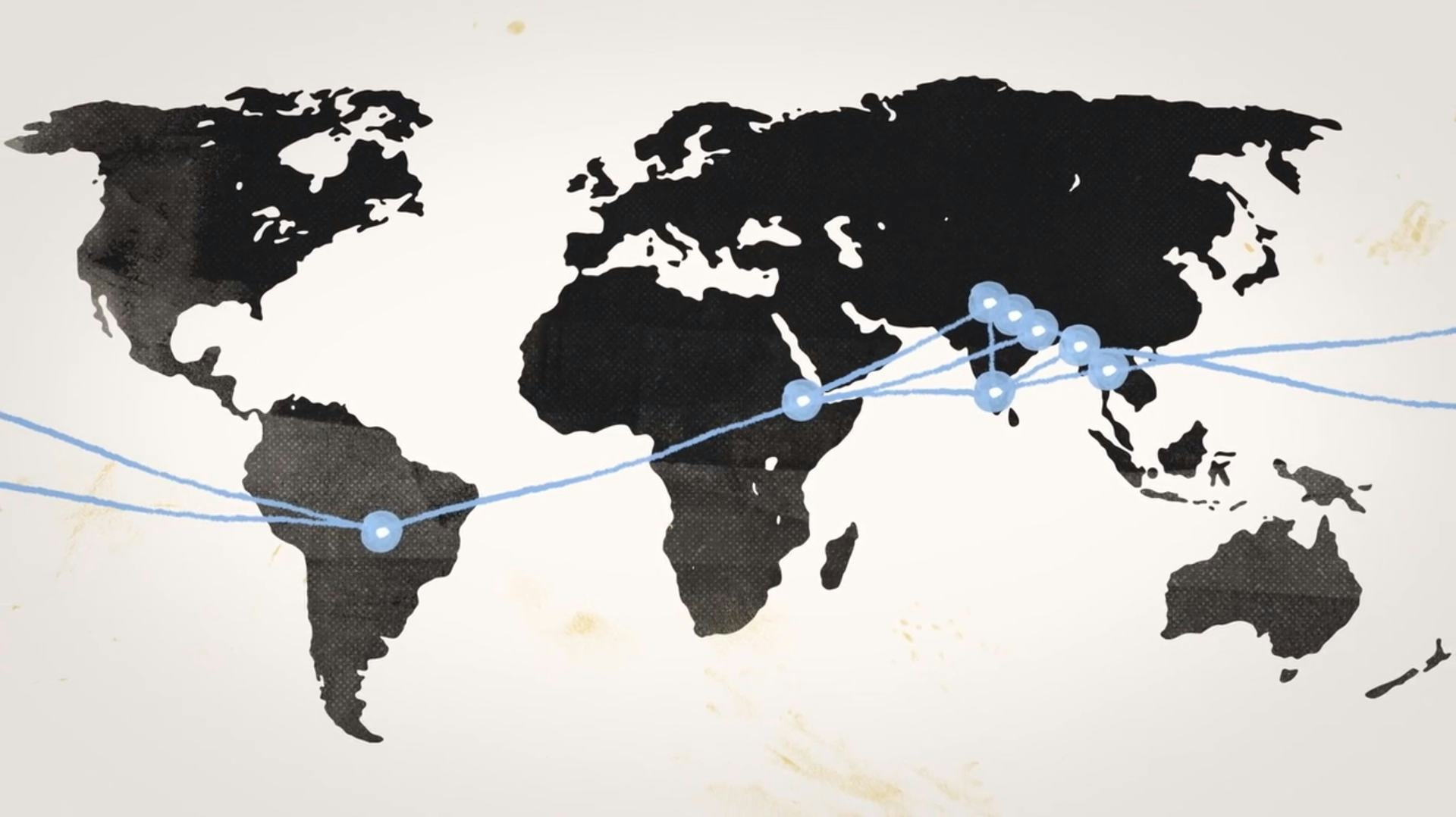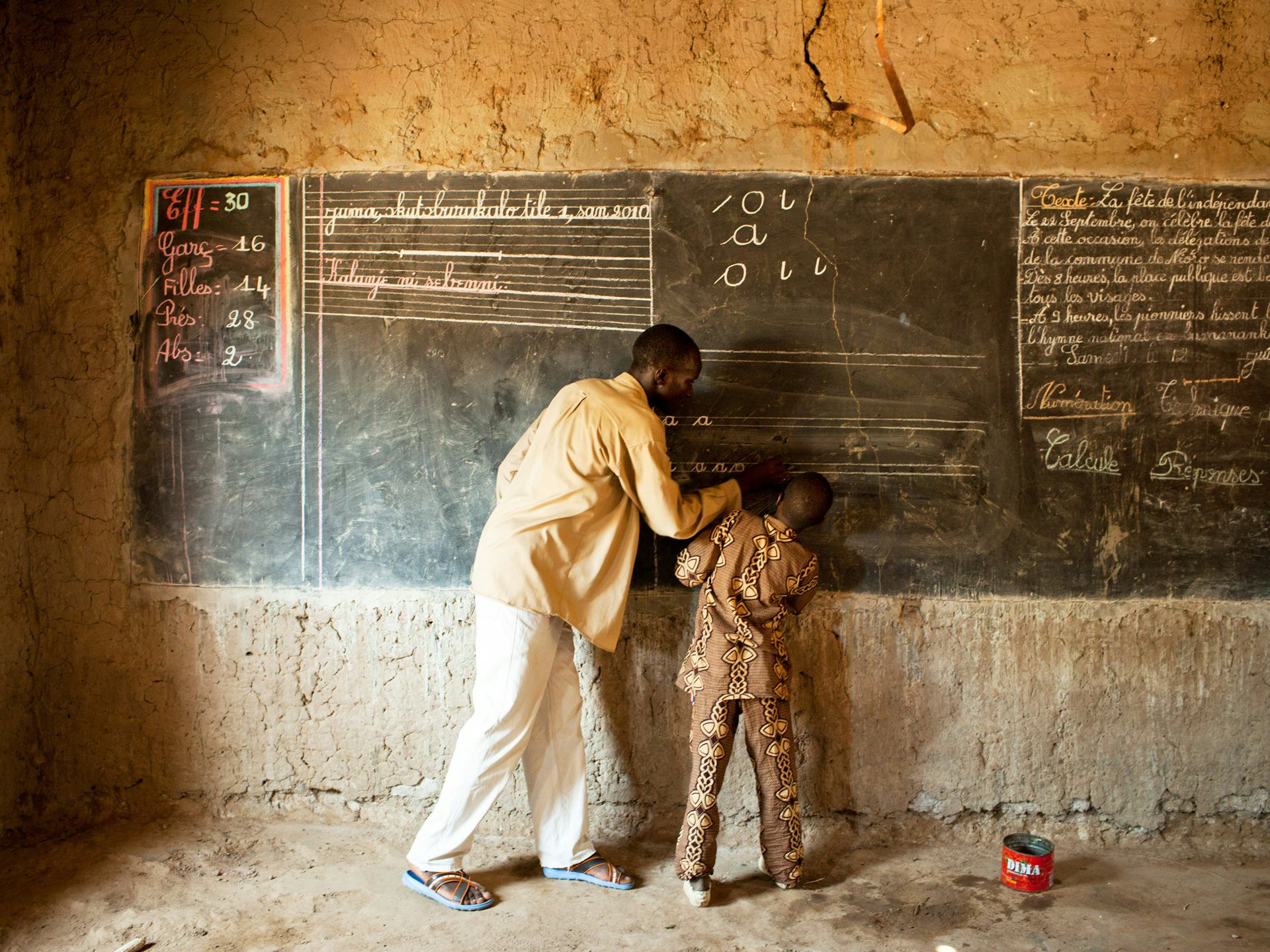The Human Liberty Initiatives were two initiatives that ran in India and Nepal between 2007 and 2014. Their goal was to reduce the risk of trafficking among the most vulnerable communities and combat the most common forms of trafficking.

The Human Liberty Initiatives were two initiatives that ran in India and Nepal between 2007 and 2014. Their goal was to reduce the risk of trafficking among the most vulnerable communities and combat the most common forms of trafficking.

Legatum’s work in this area began in 2007 following research about the growing problem of modern slavery. We identified that there was little collaboration happening around the world to address this problem.
To combat modern slavery, we launched a three-year initiative in India, where slavery was prevalent, and there was a disconnection between those working on the issue.
In 2011, we expanded our work in India, by grouping 27 anti-slavery organisations operating in the Indo-Nepal border states of Uttar Pradesh and Bihar. We introduced a collaborative approach, which could increase their collective impact and ultimately make a real difference in the communities affected.
Legatum’s initiatives in India focused on the prevention of slavery, the protection of those vulnerable to slavery, the reintegration of those enslaved and the prosecution of traffickers.
Our first initiative aimed to prevent slavery by raising awareness, educating children and improving the status of women through economic empowerment.
Our second initiative in this space, in the Indo-Nepalese border, represents the first time we trialled the concept of a hotspot. A hotspot, the Freedom Fund's underpinning model, is where an area with high instances of slavery is identified and where it is believed a collaborative approach with local organisations can make a big difference in solving the problem.
In this instance, we recognised that the need far exceeded the capacity of local organisations, and there was an international effort to increase the capacity of the organisations already combatting trafficking in the area and to bring more NGO’s into the space.
We brought together all programme partners from India and Nepal. Together, they formalised a cross-border anti-trafficking network made successful because partners shared resources and models and coordinated rescue and rehabilitation efforts. The partners were also able to get government resources for shelter homes and coordinate cross-border border control meetings. The result was that local-owned anti-slavery systems were significantly strengthened.
Based on the success of these initiatives, and our experience with the End Fund, we developed a fund with Humanity United and Walk Free to scale this work.
These initiatives show how we originate, incubate and scale before committing to a ‘final’ vehicle for addressing a specific issue or problem.
Our work in the Indo-Nepalese border also shows what a positive impact taking a collaborative approach can have. Joint partner efforts resulted in the activation or revitalisation of anti-trafficking government bodies, mobilised government resources and raised the partners' profile.


The Freedom Fund
The Freedom Fund was founded in 2013 to form the first private collaborative fund to abolish modern slavery
Dubai International Financial Centre
Dubai, United Arab Emirates









